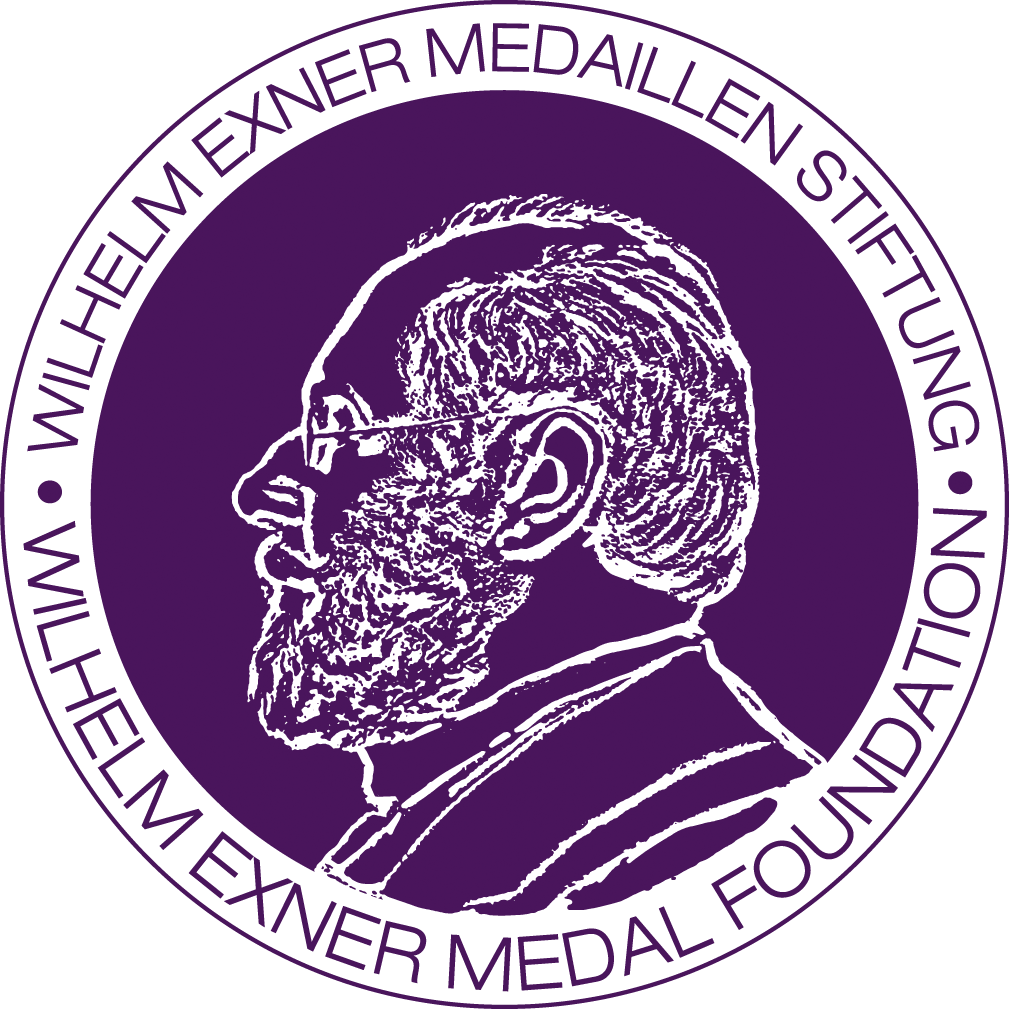
Life without plastic is illusory today. The basis for the mass production of polyethylene and polypropylene, for example, is the Ziegler-Natta process, for which Karl Ziegler received the Nobel Prize in Chemistry in 1963. His basic research led to numerous other industrial innovations, such as lead tetraethyl, which improved the anti-knock properties of fuels, and fatty alcohols for biodegradable detergents.
In 1936 he became professor and director of the Chemical Institute / University of Halle, visiting professor at the University of Chicago, then director of the Max Planck Institute for Coal Research in Mülheim and professor at RWTH Aachen.
For his research work, Ziegler received, among others, the Liebig Medal in 1935, the Lavoisier Medal of the Société Chimique de France in 1955, and the Werner von Siemens Ring in 1960. Today, the Gesellschaft Deutscher Chemiker (Society of German Chemists) awards a science prize named after him, endowed with 50,000 euros, and the Karl Ziegler Sponsorship Prize.

